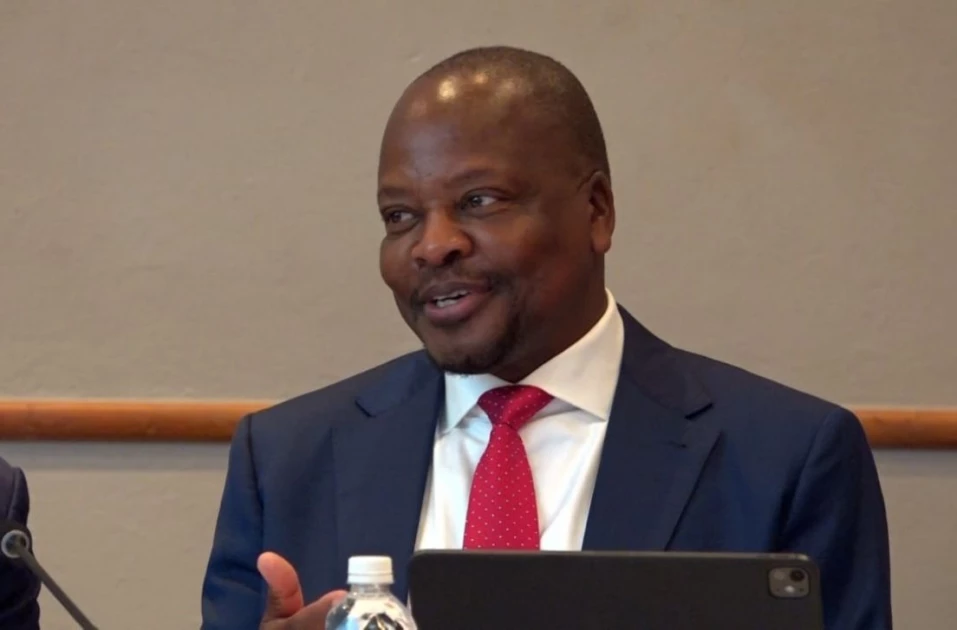CS Kagwe calls for uniform ban on pesticides in COMESA bloc to safeguard food safety

Agriculture CS Mutahi Kagwe speaks during the 9th Joint COMESA Ministerial Meeting on Agriculture, Natural Resources and Environment in Lusaka, on August 8, 2025.

Audio By Carbonatix
Speaking during the 9th Joint COMESA Ministerial Meeting on Agriculture, Natural Resources and Environment in Lusaka, CS Kagwe explained that agrochemical products that have been banned in one country should be unanimously prohibited in the entire region.
The Common Market for Eastern and Southern Africa (COMESA) bloc comprises 21 member states including Kenya, Burundi, Comoros, Democratic Republic of Congo, Djibouti, Egypt, Eritrea, Eswatini, Ethiopia, Libya, Madagascar, Malawi, Mauritius, Rwanda, Seychelles, Somalia, Sudan, Tunisia, Uganda, Zambia, and Zimbabwe.
“The current situation where a pesticide banned in one country continues to be used next door completely undermines our collective SPS [Sanitary and Phytosanitary] efforts. We are exposing our farmers, our consumers, and our markets to unnecessary and unacceptable risk,” Kagwe said.
He warned that the lack of uniform regulations was providing an opportunity for rogue traders to exploit enforcement gaps, leading to widespread contamination and undermining consumer confidence in regional food systems.
"Kenya emphasized that a common regulatory framework was essential to safeguard public health and agricultural markets. “We must not let fragmented policies stand in the way of our people’s safety. Harmonizing chemical standards is not optional, it is urgent,” he noted.
“We must not let fragmented policies stand in the way of our people’s safety. Harmonizing chemical standards is not optional, it is urgent."
Further, the CS provided other proposals such as sharing of agricultural technologies ie livestock vaccines, developing protocols for cross-border trade in certified seeds, and digital innovations for agricultural planning.
“Let this meeting be remembered not for what we discussed, but for what we dared to do,” Kagwe concluded.


Leave a Comment